- India suspends Arakan trade route for two months after death of truck driver in Paletwa
- Landmine, ERW casualties rising in Arakan State amid ongoing conflict
- Eight children killed or injured in two days of shelling, UXO blasts in Hpakant
- Junta launches offensive to retake strategic Point 666 hilltop base in Bago Region
- Civilian casualties rise in Kyaukphyu amid junta artillery and airstrikes
Internet shutdown exacerbates situations: Arakan State MP says
Shutting down mobile communication services in war affected areas while the government needs to ensure press freedom is creating even more problems for people in war-affected regions, an MP form Arakan State parliament says in parliament
25 Jun 2019
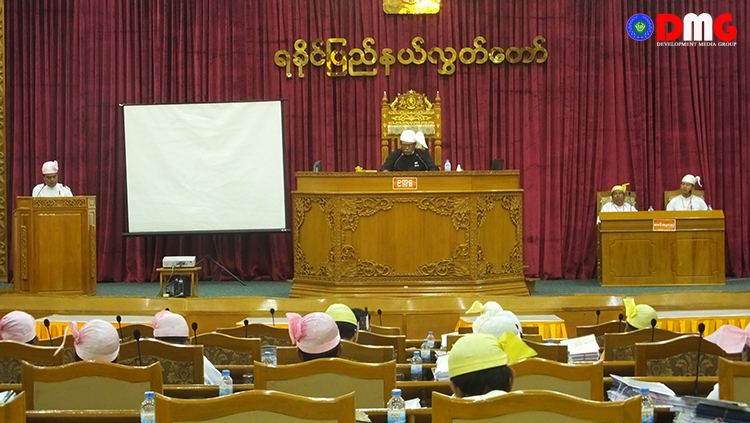
Khaing Roe La | DMG
25 June, Sittwe
Shutting down mobile communication services in war affected areas while the government needs to ensure press freedom is creating even more problems for people in war-affected regions, an MP form Arakan State parliament says in parliament session on Monday.
U Hla Thein Aung, Arakan State MP for Minbya Township, submitted a proposal urging the regional government to immediately restore internet service in the eight affected townships.
Banning mobile data service in eight conflict affected townships in Arakan State as local residents endure the side-effects of war signifies a breach human rights and violence activities, he said.
“When internet service is cut off in the region, information cannot be conveyed and local people may suffer more human rights violations and atrocities. The local and district levels government should understand this, it should not be happening. That’s why I put forward the motion,” U Hla Thein Aung said.
He added that he was deeply concerned for people from rural area and IDPs after he was considering the cause and effect of the Internet shutdown in war affected areas.
Mass communication is essential for the country’s infrastructure and security, it needs to try to have better connections with conflict ridden areas to ensure regional stability, he said.
U Tun Aung Thein, who seconded the proposal, said: “War broke out in Arakan State way before the Internet was cut-off. During that time human rights were violated and violence against local residents ensued. Now, I am worried that the Internet shutdown will worsen the situations in the region. That’s why I seconded the motion.”
The government ordered mobile operators to suspend mobile data services in eight townships in Arakan State and Paletwa Township in Chin State, raising criticism from Arakanese people and human rights organizations.




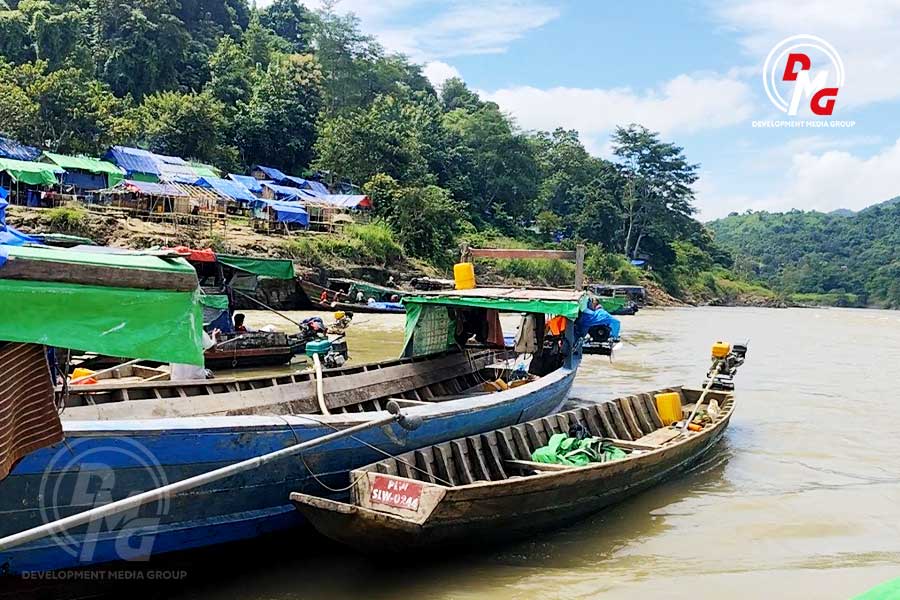
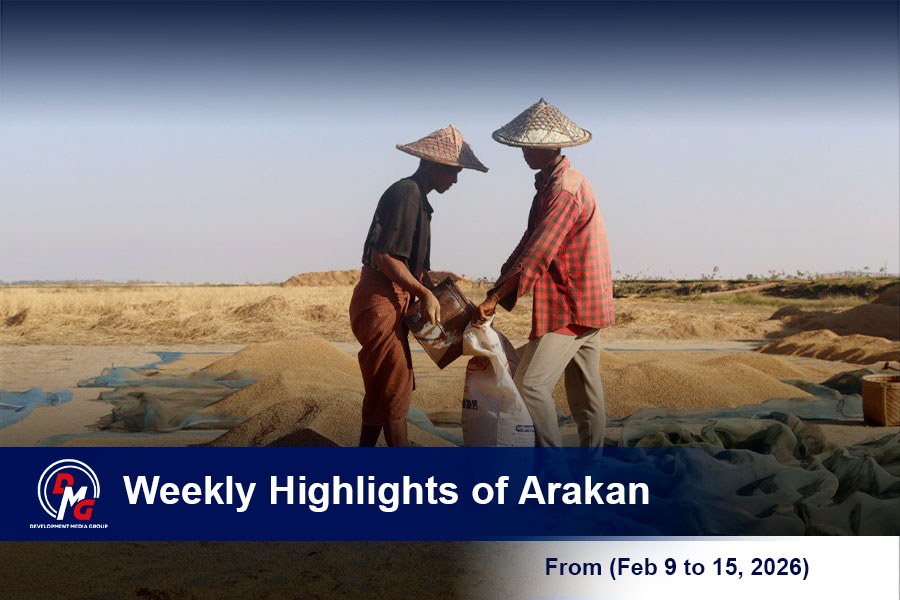
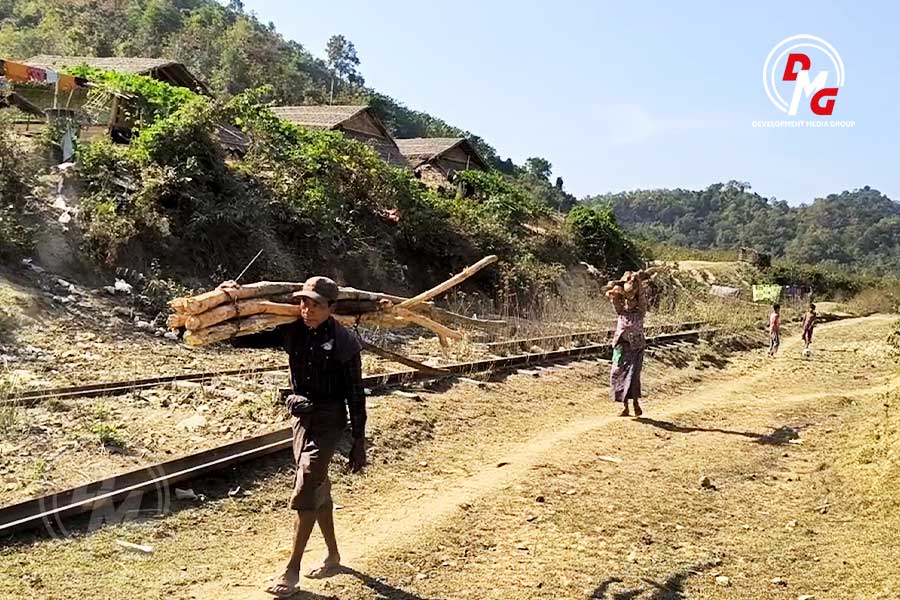
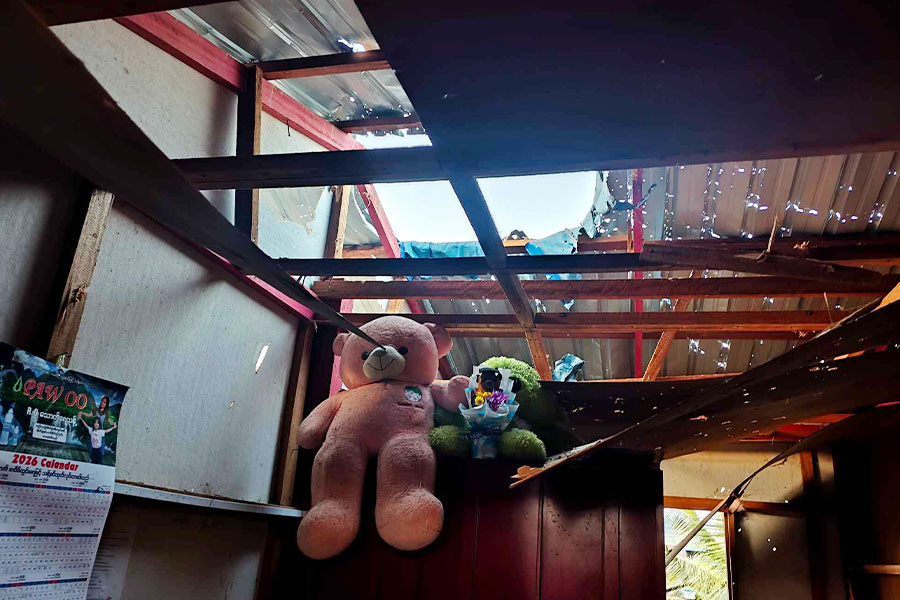
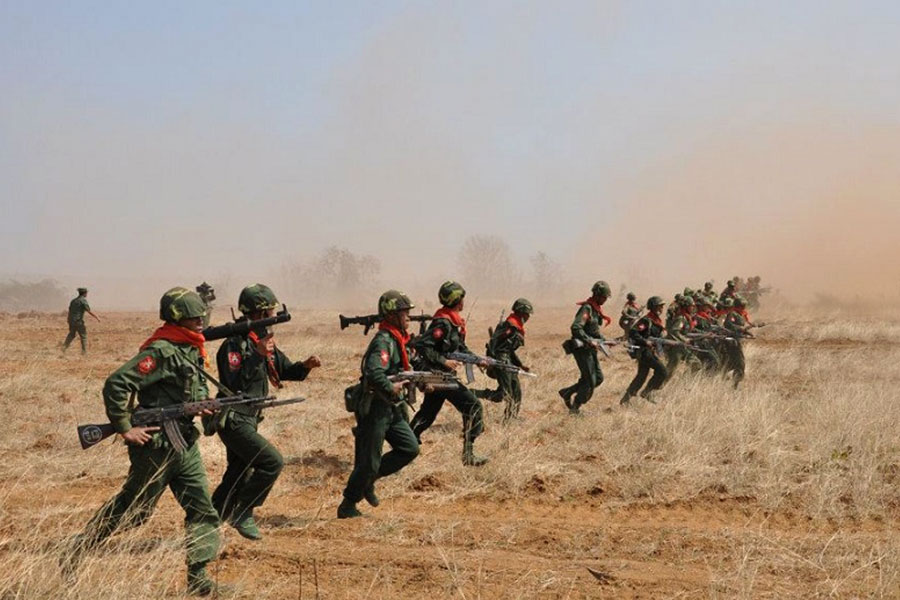







.jpg)
